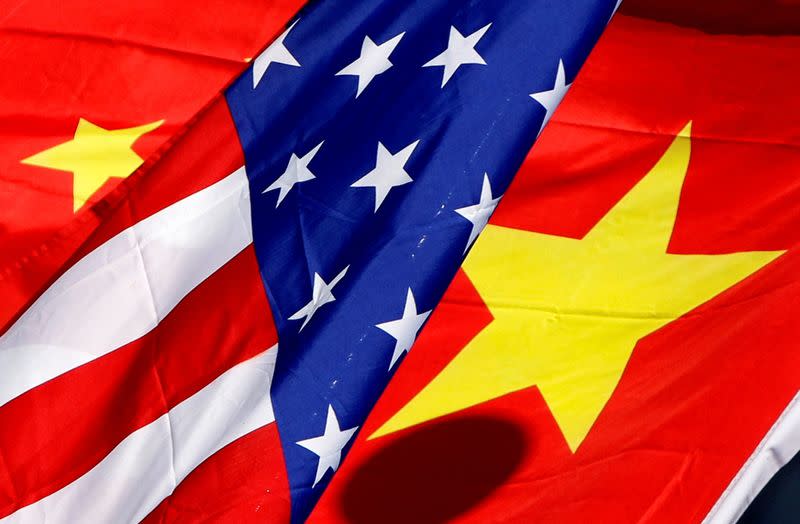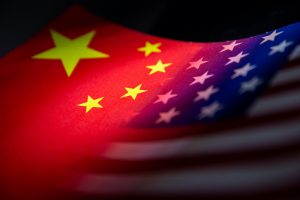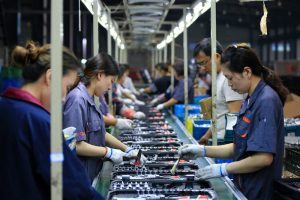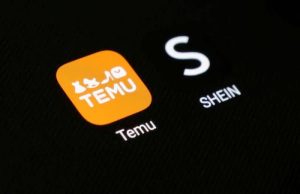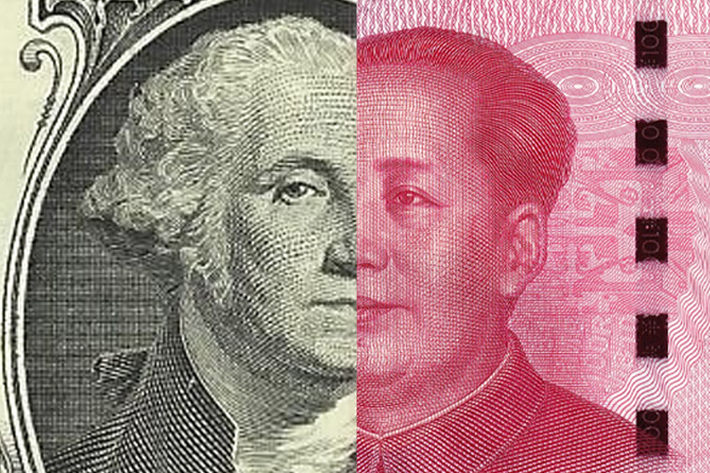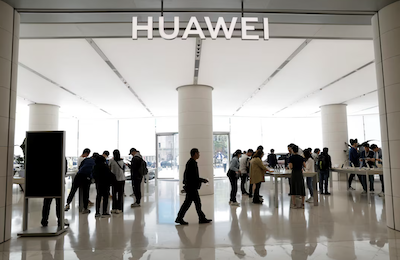Chinese executives considering setting up factories to Malaysia have been meeting officials in Kuala Lumpur to see if they can help avoid US tariffs on their goods, a report said on Tuesday.
Firms involved in manufacturing batteries, medical devices and computer chips may shift production to the country, the Financial Times reported.
The companies have asked Malaysian ministers and top government officials to lobby against the US imposing tariffs on products made or assembled in Malaysia by Chinese groups, it said, citing three people familiar with the matter.
ALSO SEE: Deadly Blaze at South Korean Battery Plant Highlights Fire Risks
These moves come after the Biden administration last month unveiled steep tariff increases on an array of Chinese imports including electric vehicle (EV) batteries, computer chips and medical products. Some of the tariff hikes will take effect on August 1.
The Malaysian Prime Minister’s office and the trade ministry did not immediately respond to a Reuters request for comment.
As the United States has intensified efforts to reduce trade with China by hiking tariffs, imports from Southeast Asian countries such as Vietnam, which relies on Chinese input for much of its exports, have surged.
Chinese companies such as solar panel maker Trina Solar have moved to boost manufacturing facilities in Vietnam and Thailand, which are not subject to the same duties, in a bid to evade the steep tariffs.
This has fuelled foreign investment from China, but there is uncertainty over whether the Biden administration will introduce new tariffs on Chinese-made goods in the region.
- Reuters with additional editing by Jim Pollard
ALSO SEE:
Chinese Carmakers Call For 25% Retaliatory Tariffs on EU Cars
EU Tariff Fallout: China Warns of WTO Suit, Tesla to Hike Prices
US Trade Groups Want a Hearing on Biden’s China Tariffs Hike
Biden Ramps US Tariffs on Chinese EVs, Metals, PV Cells, Chips
Revised Bill Gives US Firms Time to Cut Ties With China Biotechs
US May Deny China, Russia Access to Advanced AI Models
US Scraps Chipmakers’ Export Licences to Sell to China’s Huawei
US Business Outlook in China Sinks, Firms Looking at SE Asia




